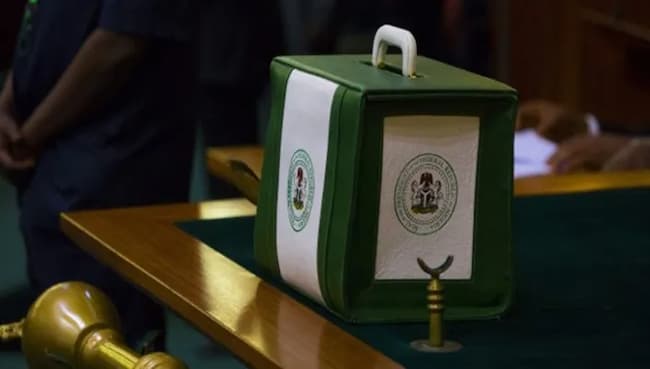In the previous seven years, the budget deficit has climbed to at least N30.58 trillion. Data from budget implementation reports for the third and fourth quarters of 2015, the four quarters of 2016, 2017, 2018, 2019, 2020, the first three quarters of 2021, and the first four months of 2022 support this claim.
A budget deficit happens when spending surpass revenue, according to Investopedia. According to statistics on the Budget Office of Nigeria’s website, Buhari’s administration has spent at least N54.98tn on budget execution since its start, but has only funded this expenditure with N24.39tn, resulting in a N30.58tn deficit.
A breakdown of some of the expenses revealed that the present administration had spent at least N23.66tn on personnel costs, pensions, overhead costs, presidential amnesty programme, other service-wide votes, and special interventions.
A minimum of N14.13tn has been spent servicing domestic and foreign debts, and at least N10.47tn has been spent on capital expenditure.
According to the reports, this deficit financing has been largely financed by government borrowing. The budget implementation report for Q4, 2015 said, “The FGN has arranged to raise short-term credit from the CBN through the mechanism of Ways and Means subject to a ceiling of 12.5 per cent of FGN’s revenue.
“This amount will be retired and therefore not considered as new borrowing outside the borrowing approved to finance the budget deficit. However, due to current fiscal challenges, the CBN had agreed to increase the Ways and Means advances threshold hence the FGN’s ability to raise N615.96bn from this source.”
Since allowance for raising the ceiling was made, total borrowing from the CBN has hit N19.01tn in April 2022, up from N648.26bn as of June 2015. Also, the nation’s total debt profile hit N41.06tn as of March 2022, up from N12.12tn, according to the Debt Management Office.
A document titled ‘Public Consultation on the Draft 2023 – 2025 MTFF/FSP’ presented by the Minister of Finance, Budget & National Planning, Mrs Zainab Ahmed, said, “Revenue generation remains the major fiscal constraint of the federation. The systemic resource mobilization problem has been compounded by recent economic recessions.”
Recently, the Monetary Policy Committee of the Central Bank of Nigeria raised concerns over the nation’s debt sustainability. It said the Federal Government’s debt profile was worrying and noted that there was a need for it to urgently diversify its revenue base.
Commenting on the story, economists stated that a high deficit was not good for the economy and might cause inflation, recession, and slow down growth.
















